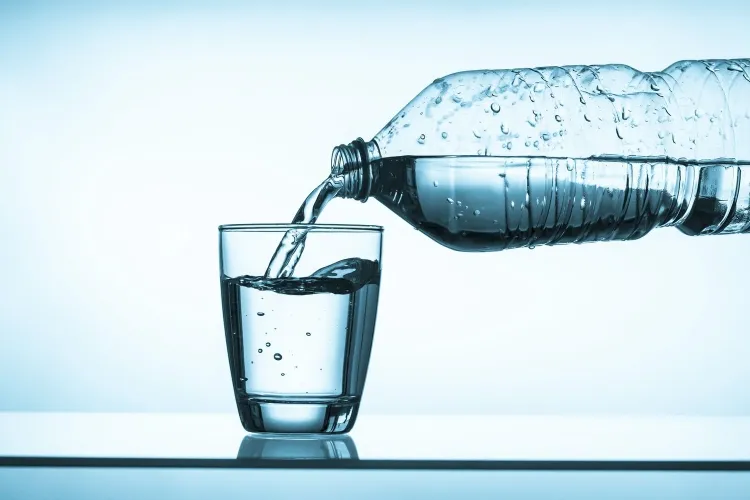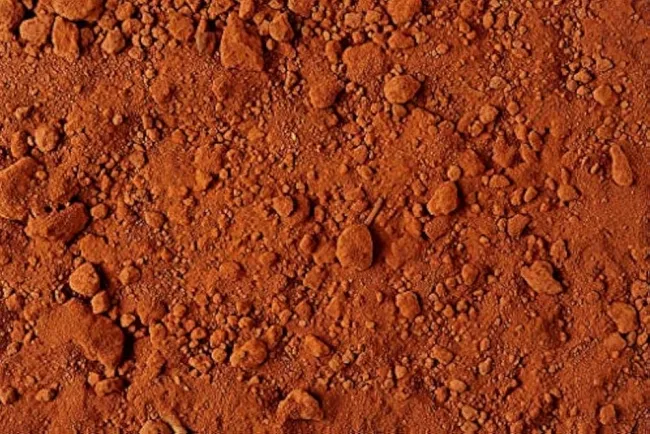Exploring the Diverse Uses of Water: From Daily Life to Global Impact...!!!
Water is an indispensable resource that supports life, drives economic activities, and sustains the environment. Its uses are diverse, ranging from domestic and agricultural needs to industrial processes and recreational activities.

Water is a vital resource for life on Earth, playing an essential role in numerous aspects of human society, the environment, and the economy. Its versatility and significance are immense, as it is involved in everything from sustaining life to fueling industrial processes. In this essay, we will explore the various uses of water, highlighting its importance in domestic, agricultural, industrial, recreational, and environmental contexts.
Domestic Uses of Water
Water is an integral part of everyday life, used in various household activities such as drinking, cooking, cleaning, and personal hygiene. Access to clean, potable water is crucial for maintaining good health and preventing waterborne diseases. In developed countries, households usually have access to a reliable supply of clean water, while in many developing regions, obtaining safe drinking water remains a significant challenge.
-
Drinking and Cooking: Water is essential for hydration and is used in the preparation of food and beverages. It is vital for digestion, nutrient absorption, and maintaining overall health.
-
Cleaning and Sanitation: Water is used for washing dishes, laundry, and cleaning surfaces, helping to maintain a clean and hygienic living environment.
-
Personal Hygiene: Activities such as bathing, brushing teeth, and handwashing depend on water to promote cleanliness and prevent the spread of germs.

Agricultural Uses of Water
Agriculture is one of the largest consumers of water globally, with irrigation being the primary use. Water is crucial for growing crops, raising livestock, and supporting various agricultural activities. Efficient water management in agriculture is critical to ensure food security and sustainable farming practices.
-
Irrigation: Water is used to irrigate crops, providing the necessary moisture for plant growth. Different irrigation methods, such as drip irrigation and sprinkler systems, are employed to optimize water use and increase crop yields.
-
Livestock: Water is essential for raising livestock, providing drinking water for animals and supporting the production of fodder and feed.
-
Aquaculture: Water is used in the cultivation of fish, shellfish, and other aquatic organisms, contributing to food production and livelihoods.
Industrial Uses of Water
Water is a key resource in various industrial processes, playing a critical role in manufacturing, energy production, and other industrial activities. Industries use water for cooling, cleaning, processing, and as a raw material in the production of goods.
-
Manufacturing: Water is used in the production of a wide range of products, from textiles and electronics to chemicals and food products. It is involved in processes such as cooling, washing, and mixing.
-
Energy Production: Water is used in the generation of electricity, particularly in hydroelectric power plants and thermal power stations. It is also used in cooling systems for nuclear and fossil fuel power plants.
-
Mining and Extraction: Water is used in mining operations to extract minerals and process ores, as well as in hydraulic fracturing (fracking) for oil and gas extraction.
Recreational Uses of Water
Water provides numerous recreational opportunities that contribute to physical well-being, relaxation, and tourism. Activities such as swimming, boating, fishing, and water sports rely on the availability of clean and accessible water bodies.
-
Swimming and Water Sports: Lakes, rivers, and swimming pools offer opportunities for swimming, diving, kayaking, and other water sports, promoting physical activity and enjoyment.
-
Fishing: Both recreational and commercial fishing rely on healthy aquatic ecosystems, providing food and leisure activities for millions of people.
-
Boating and Sailing: Water bodies such as oceans, lakes, and rivers provide the setting for boating, sailing, and other water-based recreational activities.

Environmental Uses of Water
Water is a vital component of natural ecosystems, supporting biodiversity and maintaining ecological balance. Healthy water bodies, such as rivers, lakes, and wetlands, are essential for sustaining wildlife and supporting various ecosystem services.
-
Ecosystem Support: Water bodies provide habitat for a wide range of plant and animal species, contributing to biodiversity and ecological health.
-
Water Cycle: The natural water cycle, including processes such as evaporation, condensation, and precipitation, is essential for regulating climate and maintaining the availability of fresh water.
-
Wetlands: Wetlands play a critical role in water purification, flood control, and providing habitat for migratory birds and other wildlife.
Water is an indispensable resource that supports life, drives economic activities, and sustains the environment. Its uses are diverse, ranging from domestic and agricultural needs to industrial processes and recreational activities. Efficient and sustainable water management is essential to ensure the availability of this precious resource for future generations. By recognizing the importance of water and implementing strategies to conserve and protect it, we can safeguard its availability and quality for all its myriad uses.
What's Your Reaction?

















